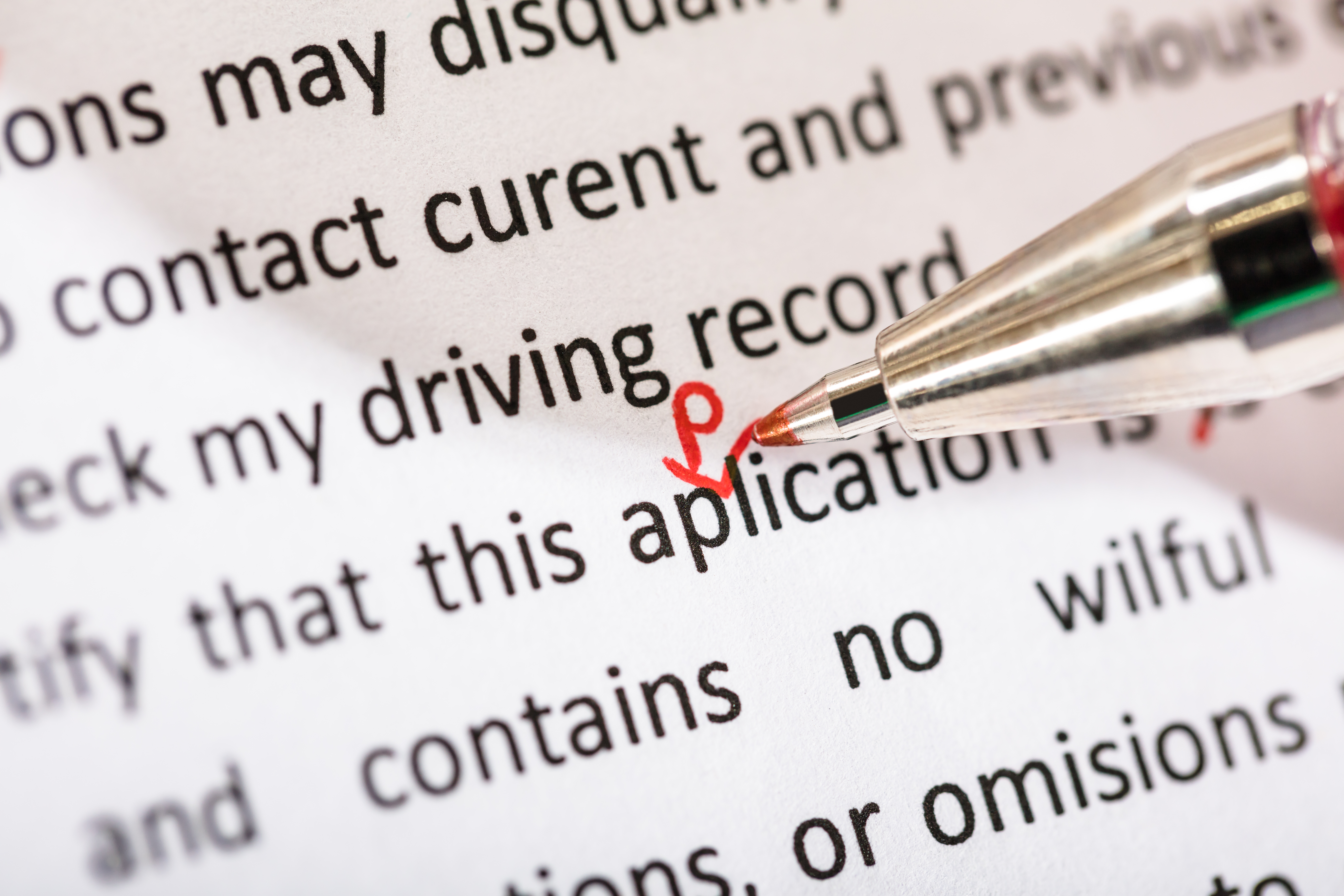Revision, Linguistic Editing and Proofreading
Types of translation review
Have your documents already been translated into another language, but you’re not sure how accurate the translation is?
Do you want to give your documents the last finishing touches and ensure that your translation is idiomatic and error-free?
At Interlingua, all types of revisions are performed exclusively by experienced and highly qualified revisors who are native speakers of the target language and have the same level of expertise as the translators.
Have your documents already been translated into another language, but you’re not sure how accurate the translation is?
Do you want to give your documents the last finishing touches and ensure that your translation is idiomatic and error-free?
At Interlingua, all types of revisions are performed exclusively by experienced and highly qualified revisors who are native speakers of the target language and have the same level of expertise as the translators.


Revision
Revisions involve comparing the source text and the translation against each other. During this type of bilingual review, the following aspects of the translation are checked and, if necessary, corrected:
- Accuracy, clarity and completeness of the content
- Whether the purpose of the text has been fulfilled (informative, descriptive, narrative, explanatory, argumentative)
- Appropriate word choice/terminology according to the subject field, client, target audience and context
- Appropriate style
- Consistent and coherent wording and spelling
- Spelling
- Typing errors
- Syntax (word order and sentence construction)
- Grammar
- Punctuation
- Hyphenation
This is the most common type of review at Interlingua, as it is required for all translations completed in accordance with EN ISO 17100.
Revisions are performed using a CAT-Tool.
Linguistic Editing
Linguistic editing is a monolingual review of a text.For example, this could be the review of a source text before it is translated. The same aspects that are checked in a revision are also checked in linguistic editing, excluding the comparison between the source and target text.
Linguistic editing is normally performed in the same editable file format that was used to create the text.
Proofreading
Proofreading is also a monolingual review. In a proofread, all formal aspects of a text or a translation are checked one last time before the text is printed. The reviewing includes, among others, punctuation, capitalisation, obvious word separation and the layout (formatting of headings, page numbers, spacing, indents, the positioning of graphics, image descriptions or captions). Changes to the content or wording should not be required at this stage.
Proofreading is normally performed in a PDF document, in which comments can be added as appropriate.
Review
A review is a monolingual review of the target text, to assess whether the translation is fit for purpose and technically correct. If necessary, corrective measures are proposed. This type of review is particularly relevant for highly technical texts (e.g. for texts relating to technology, technical documentation, medicine and pharmacy etc.), where it is necessary for the translation to be checked once more at the end by a specialist reviewer.
Specialist reviewers do not necessarily need to be translators and they do not need to understand the source language. They are, however, experts in a particular subject field and native speakers of the target language.
Mehr Beiträge zum Thema Revision / Sprachliche Überarbeitung:
Frequently Asked Questions (FAQ)
Do you need to have a document proofread, improved, checked or processed? With so many different terms used for checking texts, it is easy to get confused. To stay on top of things, you only have to ask yourself two questions:
Would you like to have a monolingual or a bilingual review?
You have a translation and would like to have it checked to see if it matches exactly what is written in the original text? Then you should choose a revision. This is when the translation is compared with the original text in terms of its content as well as linguistic and formal criteria. If there are any inadequacies then the translation will be corrected.
Should your text be checked only formally or also stylistically?
If you would like to have a text in one language checked then you have the choice between linguistic editing, which includes all the aspects of revision except the comparison with the original text, and proofreading, which focuses on the linguistic accuracy and the formal aspects.
Proofreading is restricted to checking and correcting formal aspects, such as punctuation, spelling, grammar and layout. Classic proofreading is mostly suitable for texts that have to be checked one last time in the final layout before they are published.
Linguistic editing goes into more depth. If you have your text proofread by Interlingua, then the proofreader will also make additional stylistic suggestions for improvement. This service is mainly suitable for making sure that the text is pleasant and easy to read.
Whether you need a monolingual or bilingual review to formally or also stylistically check your text then Interlingua can check your texts and translations in over 90 languages.
From common European languages like English, French or Spanish to world languages like Chinese and Arabic all the way to “less common” languages like Czech or Polish, we are your competent partner for linguistic editing and proofreading.
The carefully selected experts in our network possess a wide range of experience in proofreading and editing, and can support you in getting your message across with crystal clarity.
Whether annual financial statements for the banking industry, leaflets for enclosing with medical products or contracts for the property sector, we have suitable experts available for every kind of text.
For our customers in the areas of marketing and advertising, we ensure linguistically and stylistically flawless advertising messages in brochures and magazines or on websites and social media channels.
Of course, precisely worded and error-free texts are essential in all industries and subject fields. Checking the readability is suitable for technical instruction manuals, reports in the education and research sector, as well as material on information relating to complex subject areas, such as law and insurance.
It depends on which type of check you choose (proofreading, linguistic editing, revision).
Proofreading mainly deals with a purely formal check. We estimate that the proofreader can improve about 1,000 words of text in one hour.
Linguistic editing involves checking the stylistic and terminological features of the text. Here the reviewer needs approximately 30% more time depending on the linguistic quality of the text.
A revision also requires checking and improving the source text. You can expect a speed of approximately 600 words an hour for this kind of bilingual correction.
